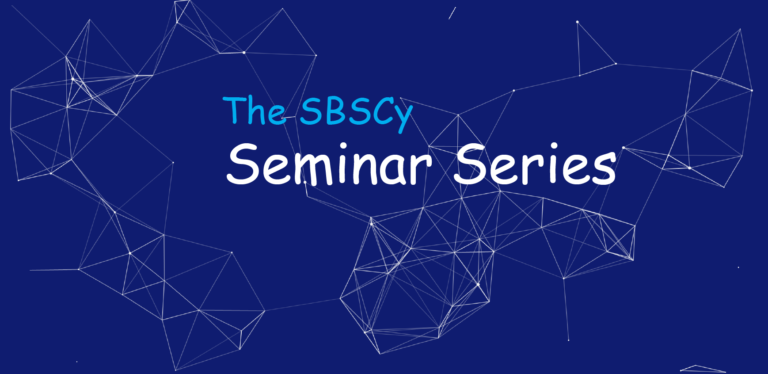Dimitrios K Papadopoulos1,2
1Human Genetics Unit (HGU), Institute of Genetics and Cancer (IGC), University of Edinburgh, EH4 2XU, UK
2Karolinska Institute, Department of Clinical Neuroscience, Centre for Molecular Medicine, 17176 Stockholm, Sweden
Thursday 10th March, 2022, 5pm
‘‘In vivo study of transcriptional events by Fluorescence Correlation Spectroscopy’
Transcription factors (TFs) are chief regulators of gene expression, and their proper function depends on their dynamic interactions with chromatin in space and time. Aberrant concentrations of many TFs in humans (e.g. TF haploinsufficiencies) cause developmental abnormalities and disease. Understanding TF-chromatin binding kinetics necessitates the study of their molecular numbers (internuclear concentration) and diffusion (speed of movement), at endogenous levels. To date, advanced ‘omics’ modalities provide high-resolution qualitative data of TF numbers and their target transcriptomes, at the single-cell and (up to) single molecule level. Such studies use fixed cells and their findings essentially reflect static cellular states (snapshots of gene expression and/or protein numbers). However, TF chromatin interactions are complex, spatiotemporally entangled processes of yet poorly understood biophysics, as during the formation of TF biomolecular condensates. Thus, TF dynamics needs to be investigated using live cells/tissue. Biophysical methodologies, such as Fluorescence Correlation Spectroscopy (FCS), rely on high temporal resolution to study protein dynamics with single-molecule sensitivity. We use FCS and genetic tools in Drosophila, zebrafish and human cells to study TF behaviour. We aim to understand how concentration (‘how much’); diffusion (‘how fast’); affinity and dissociation kinetics (‘how strongly’); and cell-to-cell variability (‘how evenly’) all matter for TF function during development and in the manifestation of disease.
Dr Dimitrios K. Papadopoulos is currently about to start his new position as Associate Professor at the Biology Department of the University of Crete. He graduated from the University of Crete, and obtained his PhD at the University of Basel in Switzerland in the laboratory of Prof. J. Walter Gehring. He continued his postdoctoral research at the Gehring group and then moved on to the University of Stockholm in Sweden. He subsequently joined the Max Planck Institute of Molecular Cell Biology in Dresden, Germany. Dr Papadopoulos was then appointed Research Group Leader at the Institute of Genetics and Cancer at the University of Edinburgh in Scotland and a collaborator Researcher of the Karolinska Institute in Stockholm, Sweden.
For non-members-why not join us? You can participate in a vibrant scientific community that you can call home!


